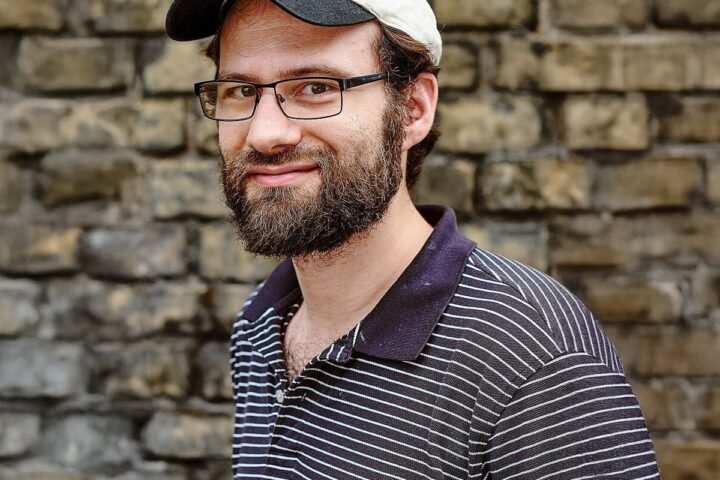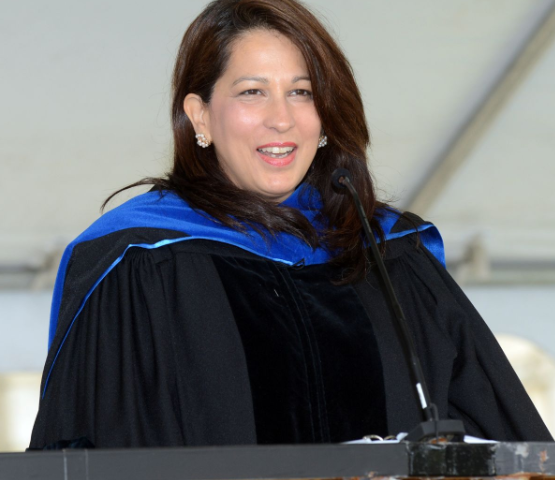A small audience gathered on stage for a reading of Nandita Shenoy’s play “ESSPY” in Colden Auditorium on March 26.
Socially awkward Taiwanese-American medical student William Chen (Chester Poon) learns how to communicate with his patients through his repeated encounters with his patient Anu Shilpa (Jolly Abraham), who turns out to be his equal. At the same time, he is under the wing of his immigrant Filipina mentor, Dr. Mendoza (Ching Valdes-Aran), who is more concerned with the science of medicine rather than emotional relationships.
“ESSPY is based on my experiences as a standardized patient at NYU medical school,” Shenoy said in an interview with Flux Theatre Ensemble. “After experiencing some real life drama with family illness, I realized first-hand how important it was for doctors to be trained in the art of speaking to patients. So this play is my way of recognizing the gravity of the work while (hopefully) entertaining people.”
Shenoy received the opportunity to work on “ESSPY” after receiving a grant from the First Acts: New Plays in Development program, provided by the Kupferberg Center for the Arts.
The program is set up to help minority and immigrant playwrights produce plays from their unique perspectives to represent issues unseen in commercial theater.
“It can often be very difficult for minority playwrights to get their work produced, so the idea is to try and elevate these voices which are lacking in the theater genre in general,” Sophia McGee, artistic director of “First Acts” said.
Most often it is white male playwrights who are considered “American playwrights” and their experiences are represented far more than that of women and people of color. Shenoy is proud to be an Asian- American woman and wants to see the day where she will be considered an American playwright, rather than the “other”.
“As an Asian-American artist, I always want to write roles for diverse casts, and a medical school seemed like the perfect place to set an entirely Asian-American play. Growing up in a family of doctors, I spent a lot of time in hospitals and felt like the television shows and movies don’t come close to representing the actual diversity of the medical field,” Shenoy said.
“ESSPY” brings up issues common for children of immigrants. Parents usually push their children into what they consider as secure careers, such as doctors as opposed to actors.
“I think at the end of the day, the story you see in “ESSPY” is an American story, it’s a story about compassion, learning how to communicate and dealing with what people think you should be and how you really are,” Shenoy said. “I think those are experiences that anyone could relate to, and what the skin color or cultural background of any of the characters, while very important to each character in terms of their experience, I don’t think it makes them un-relatable to anybody else. My goal as a playwright is to tell stories with a diverse, culturally rich cast that anyone can laugh and relate to, and have a feeling about.”













